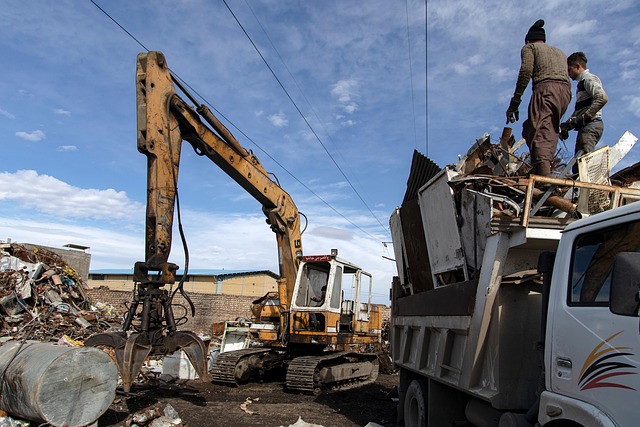In today’s world, the urgency for effective waste management solutions is more critical than ever. As we face the consequences of climate change and environmental degradation, the need for innovative approaches to managing waste has taken center stage. This is where green technologies come into play, promising a brighter, more sustainable future for our planet.
Waste management goes beyond merely disposing of unwanted materials; it’s an integral part of sustainable development. Every item we throw away has a story, and its journey doesn’t end in the landfill. Instead, it continues to impact our ecological footprint, contributing to greenhouse gas emissions, pollution, and the depletion of natural resources. By revolutionizing how we manage waste, we not only address these issues but also pave the way for a carbon-neutral future.
Green technologies in waste management are designed to minimize environmental impact and enhance resource recovery. From advanced recycling methods to composting and waste-to-energy solutions, these innovations are transforming the way we interact with our waste. For instance, cutting-edge sorting technologies allow recyclables to be separated more efficiently, ensuring that materials like plastics and metals are redirected back into production cycles, rather than ending up in landfills.
In addition, biotechnological advancements have led to the development of eco-friendly composting systems that can break down organic waste swiftly and effectively. Implementing such systems not only reduces the volume of waste sent to landfills but also enriches the soil, contributing positively to local agriculture and promoting circular economies.
Moreover, the integration of artificial intelligence (AI) and data analytics in waste management processes allows for smarter waste collection routes and better forecasting of waste generation trends. This technological edge ensures that resources are used efficiently, leading to reduced emissions from waste transportation. In a world striving for carbon neutrality, these innovations can make a significant difference.
Transitioning to green technologies in waste management is not just a responsibility of governments and corporations; it is a collective effort that involves communities, businesses, and individuals. Small changes in our daily lives, such as reducing single-use plastics, participating in local recycling programs, and supporting businesses that prioritize sustainable practices, can contribute to a larger impact on our ecological footprint.
As we embrace these green technologies, we inch closer to a future where waste is not an enemy, but a resource. Through our commitment to sustainable development and waste management solutions, we can create a healthier planet for generations to come. It’s time to take action, rethink our habits, and join the movement towards a greener tomorrow.




